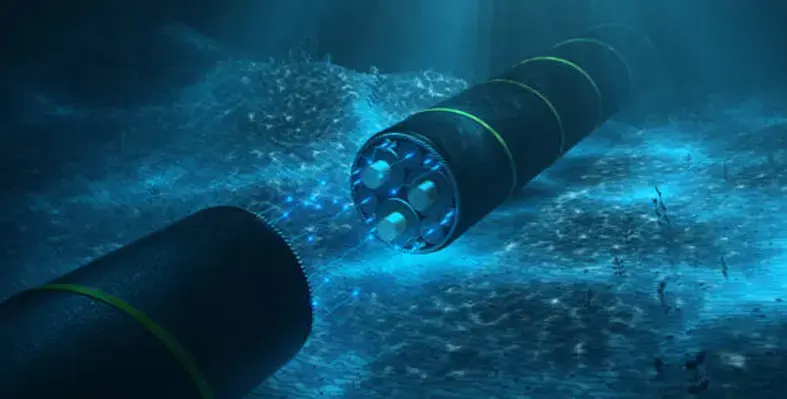The African Union Development Agency (AUDA-NEPAD) and the Council for Scientific and Industrial Research (CSIR) are strengthening their partnership through formalised technical cooperation to accelerate technology development in Africa
The renewed cooperation encompasses the conduct of applied research, development, and innovation (RDI), with a strong focus on localised transformative technologies and accelerating their deployment for socioeconomic change.
The parties will engage in dialogue with African countries to help accelerate innovative, multi-sector and multi-stakeholder approaches to work with major national and sub-national government networks, civil society, academia, the private sector, communities, and development partners.
They will further identify issues relevant to development issues and establish their linkages, taking a spatial-territorial dimension into account to promote a holistic and integrated approach to development.
Energy security, for example, has a direct impact on development outcomes – including industrial and productive capacity, human wellbeing, access to primary health care, education, and environmental outcomes.
Developing country and regional energy plans and frameworks will support Africa’s continued electrification, leveraging sustainable energy resources as well as the continent’s considerable natural resources.
The opportunities in microgrids and renewable energy systems are a specific focus area for remote community electrification and for enhancing energy access and security.
In industrialisation, the focus of the technical cooperation will be on RDI in chemicals, manufacturing, and mining.
Cooperation in manufacturing will strengthen the mid-level value chain (engineered materials, manufacturing, and assembly) to boost component and sub-assembly exports and develop strategic capabilities to address high-value industries, facilitating the integration of supply chain.
Mining cooperation will enable RDI to support the growth and revitalisation of the mining industry through best-in-class process improvement support, manufacturing processes, system improvements, and a focus on mineral benefit ensuring that mines can safely and sustainably maximise the recovery of mineral wealth.
Other areas of collaboration will be integrated water resource management, the built environment, next-generation enterprises and institutions, advanced agriculture and food security, health, building resilient defence, and security capabilities for Africa and human capital development programmes.
The institutions will also share information concerning their respective activities in specific countries of focus in Africa, to ensure that their initiatives are aligned with and complement one another, while promoting South-South and Triangular Cooperation to enhance learning and knowledge sharing across African countries, as well as from other regions, through joint bilateral projects.
In addition to the expanded areas of focus for the collaboration, the two institutions will continue their long-standing relationship in biotechnology, and laser science and technology through the Southern Africa Network for Biosciences (SANBio) and the African Laser Centre.





















